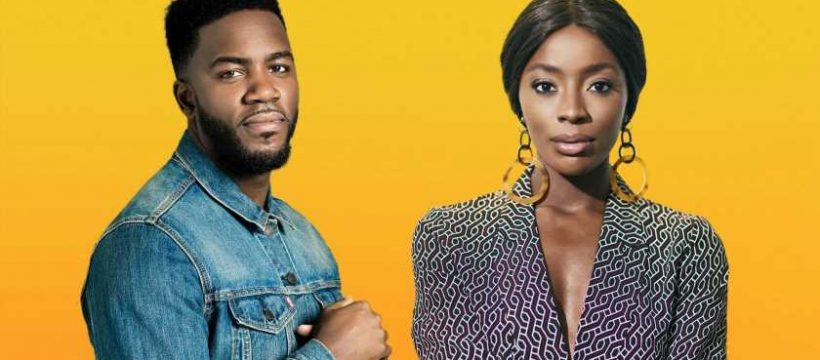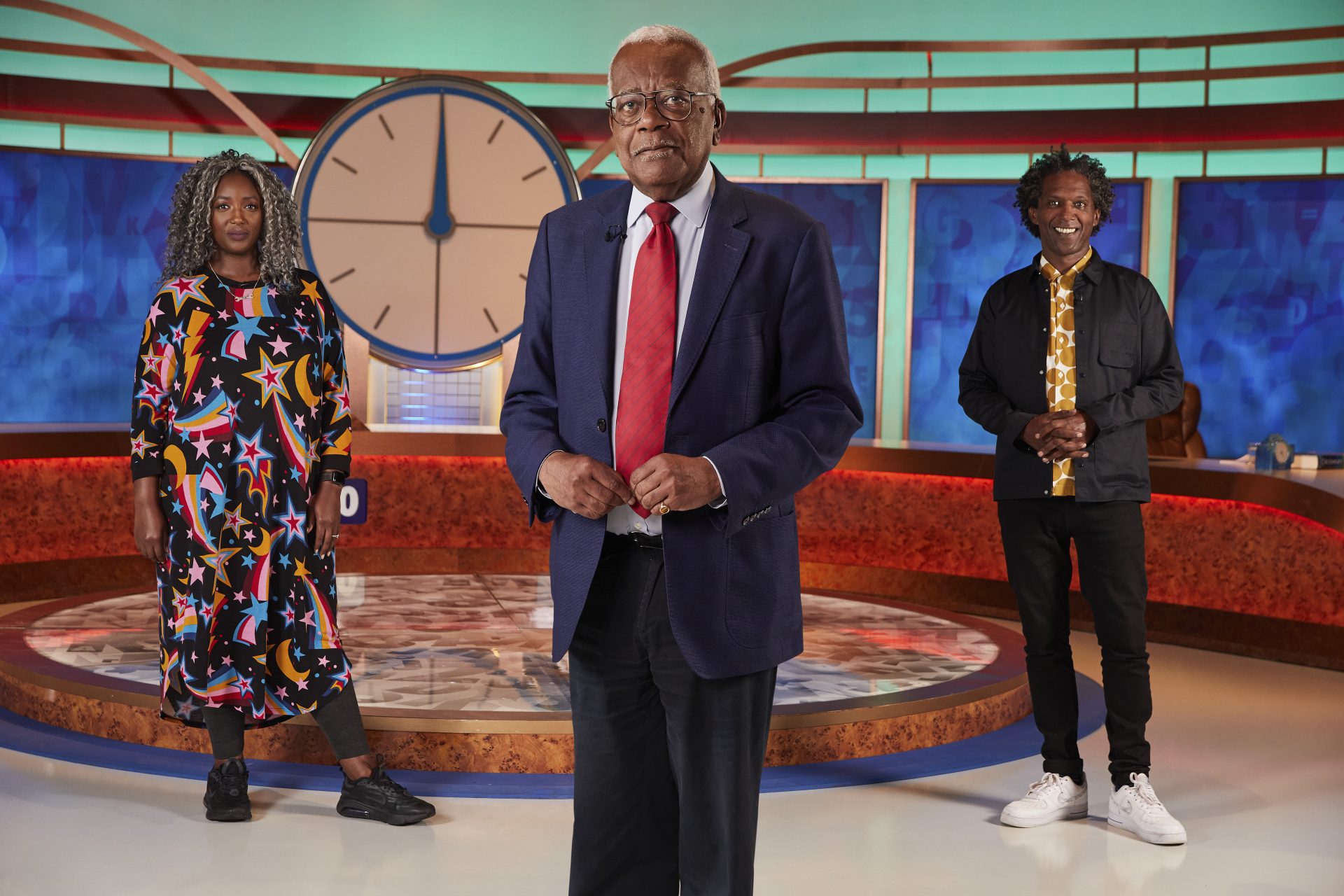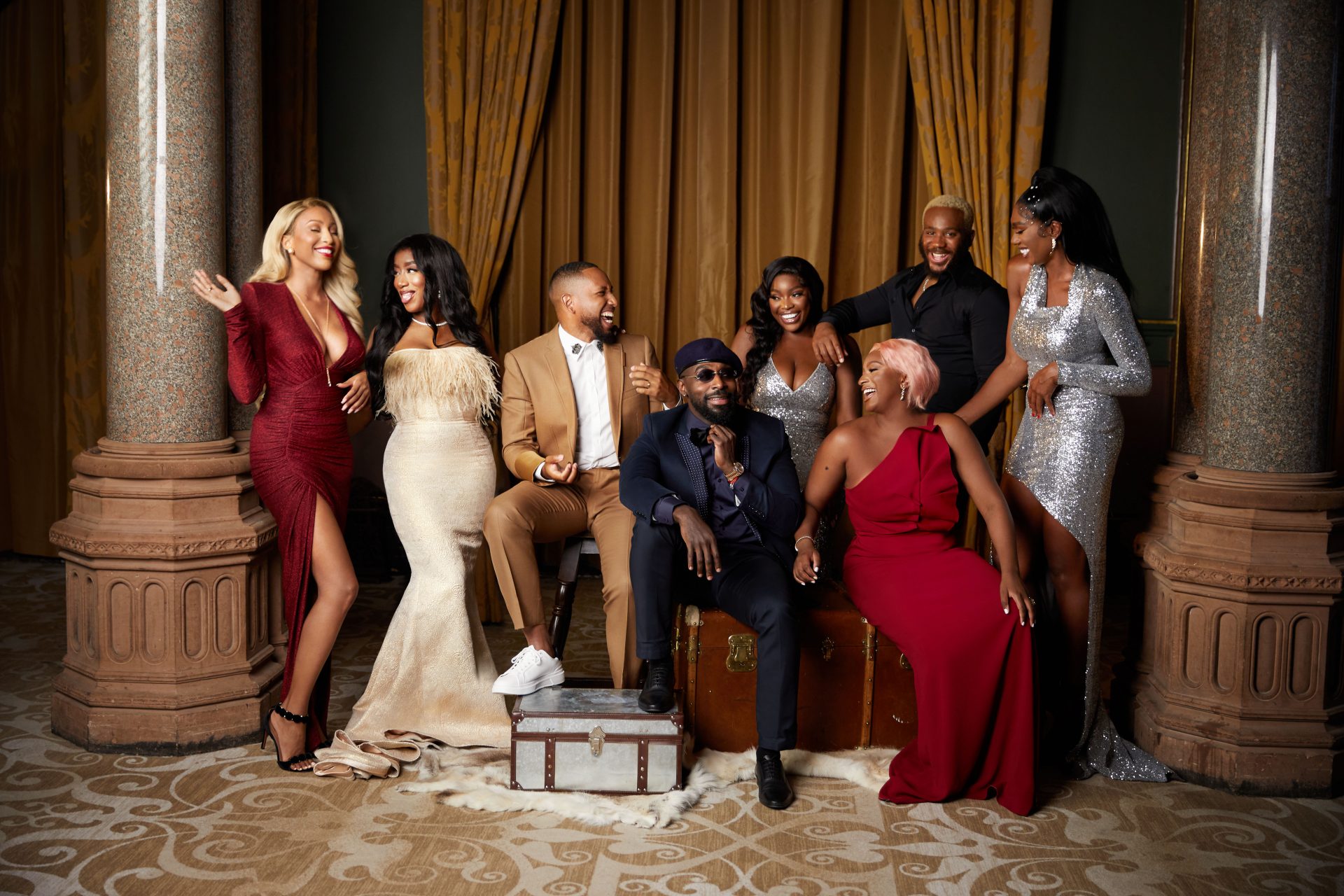“We have to be careful of prematurely congratulating companies on doing the bare minimum when representation should be the norm,” says Morgan Cormack.
I first heard of Channel 4’s Black To Front project earlier this year when a casting call for Black creatives began doing the rounds on social media.
“Wow,” I thought to myself. “Some actionable change for diversity, for once.”
On the face of it, it seemed exciting: a focus on Black British talent, both on the screen and behind the scenes. A representation of what life looks like for many, finally gracing our televisions.
But what was soon realised, and is the bone of contention many people have with Channel 4’s Black To Front, is that this whole “commitment to improve Black representation” will only last for 24 hours.
Black To Front, running today, will see a complete takeover of their regular scheduled programming in favour of new and reimagined Channel 4 content with Black broadcasting talent. Countdown will be fronted by Sir Trevor McDonald, Big Breakfast is making a comeback with Mo Gilligan and AJ Odudu presenting, and writer Bolu Babalola is releasing a comedy pilot, Big Age.
The content looks great – my reality TV loving self is eagerly anticipating the four-episode long Highlife, described as “the first Black British premium reality series” following ambitious, young British West Africans – and while I’m sure many of us will be tuning in, the optics of the whole affair don’t look that great.
You may also like
33 films and TV shows to watch on Netflix that put Black people front and centre
A problem I have with this kind of specialised television is the issue of social responsibility. As many of these shows are one-off specials or new commissions, surely the onus is wholly on us as viewers to tune in and show Channel 4 that this is the kind of content we want? Many of the people who are excited for this day are the Black British people they’re representing but by having these shows as special productions, rather than regular viewing, it shifts the responsibility away from Channel 4 itself.
Ideally, it would just be a television network believing in a project and commissioning it for a long run in the first place. Especially in an age that sees the most obscure, uninteresting and whitewashed television shows being given a chance –new comedy The Holden Girls: Mandy & Myrtle immediately springs to mind.
Similar to the discussion around Black History Month and its education being limited to one month of the year, should we be quick to applaud Channel 4 for allowing one day of all-Black programming? I’d be hesitant until meaningful proof of change is shown and the effects of such a day are revealed to be long-lasting.
It is worth noting, though, that they have consulted the right people, namely the Sir Lenny Henry Centre for Media Diversity. They’ve done mass callouts for Black talent, particularly behind the scenes, which should afford new and established creatives greater opportunities. The choice of content is also a good one; they’ve chosen to air shows that don’t monopolise on racism or Black trauma, but fun, relatable viewing that focuses on the everyday Black experience.
We have to be careful of prematurely congratulating companies on doing the bare minimum when representation should be the norm
The focus on off-camera talent is also admirable but of the 13 production companies involved in Black To Front, just four of them are Black-owned. To platform Black British talent in the long-term, Channel 4 and other broadcasting houses need to be committed to employing Black people throughout their companies on a regular basis. Because, while the plans for this project have been in the pipeline for a year, a day-long initiative feels a little lacklustre in light of that – particularly as, after the devastating events of 2020 reigniting people’s anti-racism, companies worldwide should be reckoning with their systemic racial issues.
Personally, I think we have to be careful of prematurely congratulating companies on doing the bare minimum when representation should be the norm. And I assumed I was alone in my reservations around Black To Front until comedian London Hughes aired her views on Twitter back in July.
Referring to the day as “performative tokenism,” she went on to say: “As a Black person in the UK TV industry, all I wanted was a fair and equal shot as my white counterparts.
“Don’t just give us Black to Front days just so you can feel better about not including people of colour in your TV output for the rest of the year. It’s insulting.”
You may also like
“Lupin is a great watch, but like so many dramas it’s missing one vital thing – roles for Black women”
Hughes, of course, went on to speak to Channel 4 after her initial tweet, which gave her the opportunity to understand the “incentives behind it,” as well as offer her advice.
“While I still don’t agree with the day itself, I do agree with the incentives behind it,” she tweeted. “They asked me for advice, I gave it, they listened and said they would implement some changes, one of them being the horrible title, which they understand is divisive.
“They were very open to listen to why I had a problem, and they understood, but ultimately the day is happening. All we can do is wait and see.”
Hughes is right; a Black To Front day does echo an element of cultural seasonality, just as BBC’s Big British Asian Summer did. It underlines the idea that diverse programming should only be confined to a campaign, rather than being part of our everyday viewing.
Decades of systemic racism seems like it could be hard to fix but simply put, big companies could implement new systems and schemes to pipeline underrepresented voices if they wanted to – and for more than just one day a year, too.
If there’s a channel that was ever going to commit to diversity, though, it was always going to be Channel 4. The broadcaster just needs to remember that, now more than ever, ‘representation’ can’t be reduced to a big company buzzword.
Instead, it needs to come down to meaningful action every single day.
Images: Channel 4
Source: Read Full Article


